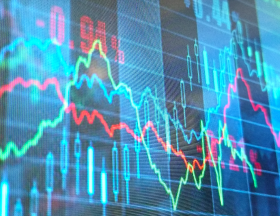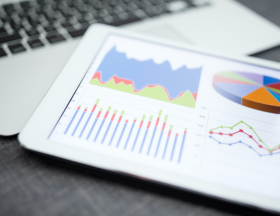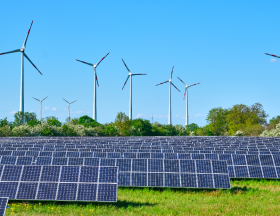According to UNCTAD, FDI grew 78% globally in the first six months of 2021, peaking at $ 852 billion. In a context marked by inequalities in the capacity to respond to covid-19, Africa recorded only a 16% increase in its FDI over the period.
Apart from Oceania, Africa is the continent where foreign direct investment (FDI) has increased the least in the world, during the first half of the year 2021. This is what emerges from a new report published on Tuesday by the United Nations Conference on Trade and Development (UNCTAD).
According to the study, the world economy has accumulated $ 852 billion in FDI in the first half of this year. This represents an increase of 78% year-on-year. This increase was strongly driven by Europe which accumulated $ 213 billion in FDI over the period, an increase of 666%, the Americas with $ 244 billion in FDI (+ 88%), and Asia with $ 362 billion (+ 26%).
If we exclude Oceania where the FDI flow was negative, showing $ 9 billion, i.e. a decline of 27% over the period, Africa is the continent where FDI has increased the least, showing to $ 23 billion in the first six months of the current year.
On a year-over-year basis, this corresponds to an increase of only 16%. Reading the data from UNCTAD, we also notice that this disparity appears when we compare countries according to the level of progress of their economies. Thus, while FDI in the so-called developed countries grew by 193% (peaking at $ 424 billion), that of the so-called developing countries grew by only 28% (peaking at $ 427 billion).
In terms of income levels, we see the same situation. While FDI from low-income countries declined to -9% over the study period, middle-income countries experienced 30% growth in their foreign direct investment. But above all, it was the high-income countries that recorded the strongest growth, with FDI growth of around 117% for a total amount of $ 584 billion.
A common threat, but unequal means In a context marked by the covid-19 pandemic, these figures seem to echo the inequalities that the health crisis has contributed to exacerbate in the world. Faced with the virus in fact, the responses of rich countries to support their economies were much stronger than those of poor countries, because of the diversity and the large volume of financial means at their disposal.
For example, while nearly 70% of adults in the European Union have already received a vaccine against the disease, the number of fully vaccinated people in Africa barely reaches 5% of the continent’s population.
































Réagissez à cet article